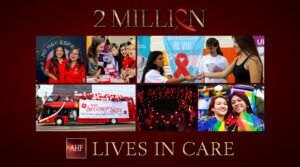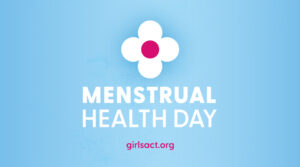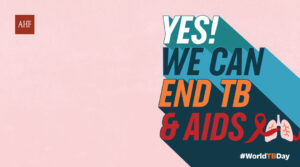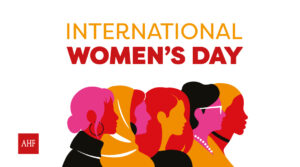A pesar de que el VIH afecta en distinta medida a las mujeres alrededor del mundo, la mayoría de ellas no percibe estar en riesgo de esta infección. Debido al estigma que, hace 40 años, relacionó a este virus con los hombres gays o las personas dedicadas al trabajo sexual, muchas mujeres que no están en este grupo siguen creyendo que se encuentran “a salvo”.
Sin embargo, al acudir al médico para cuidar de un embarazo, se les suele (o se les debería) recomendar una prueba de detección del VIH como parte de los procedimientos de rutina. Es ahí donde muchas de quienes viven con el virus recién se entran de su condición.
Si este es tu caso, puede ser que estés enfrentando muchas dudas sobre tu futuro y el de tu bebé. Afortunadamente, el panorama es muy prometedor gracias a los tratamientos y estrategias disponibles actualmente. Consulta las siguientes preguntas y busca en ellas las dudas que te faltan por resolver.
- Transmisión del VIH de Madre a Bebé: Lo que Debes Saber
Sí. Aunque la probabilidad es relativamente baja (alrededor del 20%) durante el embarazo, existe también un riesgo de transmisión al momento del parto (debido a la cantidad de sangre que involucra) o durante la etapa de lactancia.
- Reducción del Riesgo de Transmisión del VIH a tu Bebé
Sí. El primer paso para lograrlo es iniciar cuanto antes el tratamiento antirretroviral. Tomando los medicamentos en tiempo y forma, es posible reducir la posibilidad de transmisión a menos del 5%, de acuerdo con datos del Departamento de Salud del Estado de Nueva York, Estados Unidos.
Cuando nazca tu bebé, si tu equipo médico lo considera necesario (por ejemplo, si la cantidad de virus en tu sangre no bajó a niveles mínimos con el tratamiento antirretroviral), le darán un tratamiento antirretroviral especial para reducir el riesgo de infección por el VIH.
- Medicamentos Antirretrovirales y su Seguridad en el Embarazo
Se ha observado que muchos fármacos para tratar el VIH son seguros para la mujer y para el futuro bebé. No obstante, algunos otros sí pueden causar problemas o defectos de nacimiento. Pero no te preocupes, el personal médico especializado en VIH sabe exactamente cuáles medicamentos se pueden usar durante la gestación.
- Consejos para un Embarazo Saludable con VIHruebas de VIH para Bebés: Cómo Detectar la Infección
Para esto existen dos tipos de pruebas que se les pueden hacer a los bebés que nacieron de madres con VIH. El primero es una prueba de anticuerpos, y es importante saber que, aunque todos los bebés en estas circunstancias darán positivo a esa prueba los primeros meses, esto no necesariamente significa que tienen el virus, sino que se debe a que han estados expuestos al virus del cuerpo de su madre.
La segunda prueba se basa en una tecnología conocida como PCR, la cual busca directamente al virus en la sangre (y no a los anticuerpos que combaten el virus); por esto, una prueba de este tipo sí puede mostrar si el bebé tiene o no el VIH. Este test debe hacerse en los primeros días de vida, y repetirse al cabo de semanas o meses, según lo determine el protocolo médico. La prueba de PCR es la única forma certera de saber si un bebé nació con el virus.
- Consejos para un Embarazo Saludable con VIH
En primer lugar, busca el tratamiento especializado que requiere la infección por VIH. Toma correctamente los medicamentos antirretrovirales que ahí te prescriban, no modifiques ni suspendas el tratamiento porque corres el riesgo de que el VIH se vuelva resistente. El resto de los cuidados son los mismos que para cualquier mujer en estado de gestación: haz ejercicio, no fumes, no bebas alcohol, no uses drogas, aliméntate de forma sana, y mantén un peso adecuado.
Recuerda que, para las mujeres embarazadas y para cualquier persona, iniciar cuanto antes el tratamiento antirretroviral es la forma de mantenerse más saludable por más tiempo. Si tú no has iniciado tu tratamiento, o si lo suspendiste y quieres retomarlo, en AHF América Latina y el Caribe podemos ayudarte. Busca nuestras oficinas en tu país y conoce nuestros servicios.





